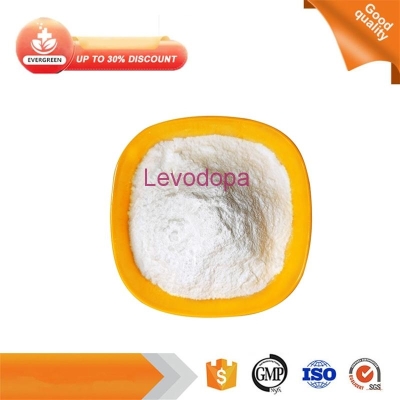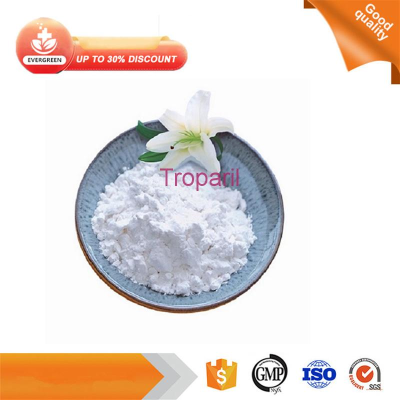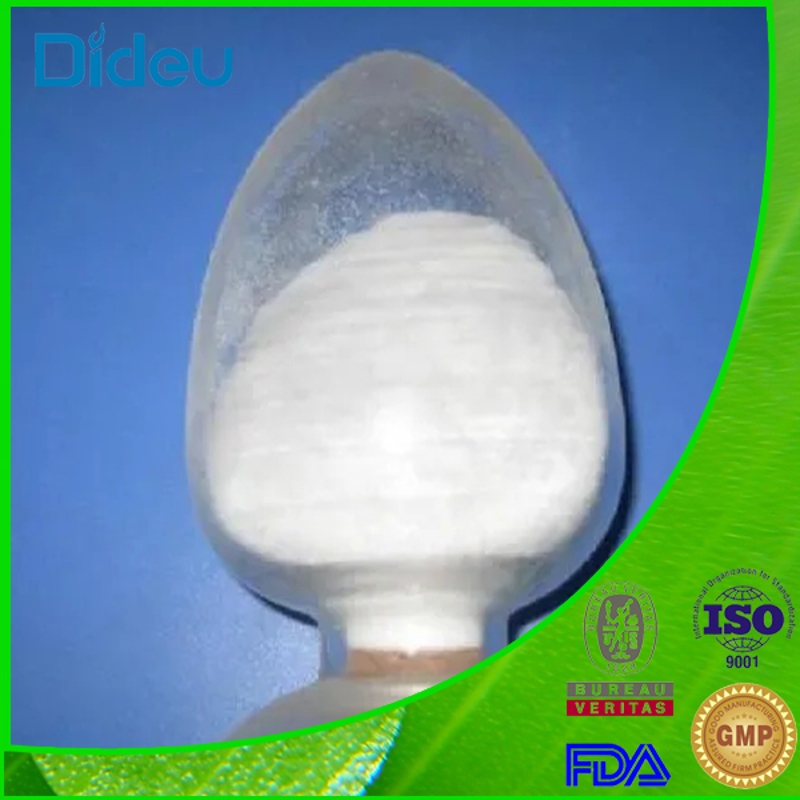Alzheimer's (AD) big news! YanJian/Aishiau beta amyloid antibody aducanumab in the United States to complete the listing application submission!
-
Last Update: 2020-07-14
-
Source: Internet
-
Author: User
Search more information of high quality chemicals, good prices and reliable suppliers, visit
www.echemi.com
Biogen and partner Eisai have jointly announced that they have completed a Bioproduct License Application (BLA) with the U.SFood and Drug Administration (FDA) to seek approval for the drug aducanumab for the treatment of Alzheimer's disease (Alzheimer's, AD)The completion submission is based on ongoing collaboration with the FDA and includes clinical data from Phase III EMERGE and ENGAGE studies and Phase 1b PRIME studiesas part of the completion submission, Yan Jian has requested priority reviewIf approved, aducanumab would be the first treatment with the potential to meaningfully alter the AD process and slow the decline in AD clinical conditions, and the first to demonstrate that the removal of beta amyloid (A-beta) would yield better clinical results"Alzheimer's disease is one of the biggest public health challenges today," said Feng Najun, global chief executive ofIt causes our loved ones to gradually lose their memory and the ability to live independently, ultimately depriving them of their basic ability to actAducanumab is the first biologics to be listed to the FDA for a decline in clinical symptoms and pathological mechanisms associated with this serious diseaseWe are committed to advancing medicine in the field of Alzheimer's disease and look forward to the FDA reviewing our application"Alzheimer's patients, their families, caregivers and many people across the community are struggling with this disease every day," said Hiroshi Nato, global chief executive ofAs the population ages, the disease is expected to place a heavier social burden on the worldThe submission of a biologics listing permit application represents an important step in our fight against this disease, which is not yet possible to prevent, delay or prevent the pathophysiological process"
images from: tecake.in
Alzheimer's disease (AD) is a progressive neurological disease that impairs thinking, memory and independence, leading to premature death, a disease that cannot be stopped, delayed or prevented, and is a growing global health crisisAccording to the World Health Organization (WHO), tens of millions of people worldwide suffer from AD, and that number will continue to grow in the coming yearsThe disease's biggest feature is changes in the brain, including abnormal build-up of toxic amyloid beta plaques, which begin about 20 years before the patient develops symptoms Mild cognitive impairment caused by AD is one of the early stages of the disease, when symptoms begin to become more pronounced and can be detected and diagnosed Current research focuses on early detection and treatment of patients to minimize or prevent progression of AD aducanumab clinical development project scored 2 Phase III trials (EMERGE and ENGAGE) in early AD patients with mild cognitive impairment (MCI) due to AD and mild AAD dementia (minimum mental condition scanmmed MMSE score was 24-30) In the EMERGE study, patients treated with aducanumab experienced a significant reduction in cognitive and functional declines in functions such as memory, orientation, and language, as well as in daily activities including personal finances, household chores (such as cleaning, shopping and laundry) and independent travel THE EMERGE (n-1638) study reached its pre-specified primary endpoint, and patients treated with high doses of aducanumab scored significantly less than the baseline (22 percent improvement compared to placebo, p-0.01) in patients treated with high doses of aducanumab at 78 weeks In the EMERGE study, patients treated with high doses of aducanumab also showed a continuous decline in clinical decline measured with pre-specified secondary endpoints: simple mental state testing (MMSE; 18 percent improvement compared to placebo, p-0.05), Alzheimer's disease assessment scale cognitive subscale 13 Items (ADAS Cog 13; 27% improvement compared to placebo, p-0.01), Mild Cognitive Impairment Version of the Daily Activity Scale for Alzheimer's Disease (ADCS-ADL-MCI; 40% improvement compared to placebo, p-0.001) In the EMERGE study, amyloid plaque deposition imaging showed that low and high doses of aducanumab reduced the amyloid plaque load (p 0.001) at weeks 26 and 78 compared to placebos Although the ENGAGE (n-1647) did not reach the primary endpoint, Yan Jian believes that some of the data from the EMERGEENGAGE study support the results of the study aducanumab clinical project also included a phase IbPRIME study in early AD patients and its long-term extended study (LTE), in which patients were pre-eclamptic AD or mild AD dementia (MMSE score was 20-30) The results of this study showed that aducanumab reduced amyloid beta plaques in a dose and time-dependent manner, and that analysis of exploratory clinical endpoints showed a slowdown in clinical decline (CDR-SB and MMSE, with a dose of 10 mg/kg nominally statistically significant at the 12th month), lasting up to 48 months in LTE "For many early Alzheimer's patients, the ability to live independently for as long as possible is their ultimate goal," said Dr Stephen Salloway, director of the Memory and Aging Program at Butler Hospital in Brown University If we can help patients slow down the progress of the disease from the current stage to the next stage, we can help them maintain their ability to live independently, and ultimately bring real meaningful benefits to patients and their families Aducanumab represents a potential breakthrough that we hope will be the cornerstone of the fight against Alzheimer's disease "
prior to the submission of the biologics listing permit application, Yan Jian and the FDA held a pre-listing application meeting as scheduled The FDA will decide within 60 days whether to accept the application and conduct a review If the application is accepted, he expects the FDA to also inform you whether the application is granted priority review status Aducanumab's biologics listing permit application will then be reviewed by the FDA to determine whether it can be approved In addition to filing biopharmaceutical listing applications with the FDA, the has continued to engage in dialogue with other regulatory agencies, including in Europe and Japan, to achieve the goal of filing applications in these markets
This article is an English version of an article which is originally in the Chinese language on echemi.com and is provided for information purposes only.
This website makes no representation or warranty of any kind, either expressed or implied, as to the accuracy, completeness ownership or reliability of
the article or any translations thereof. If you have any concerns or complaints relating to the article, please send an email, providing a detailed
description of the concern or complaint, to
service@echemi.com. A staff member will contact you within 5 working days. Once verified, infringing content
will be removed immediately.







